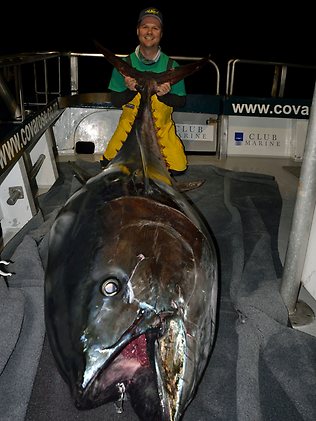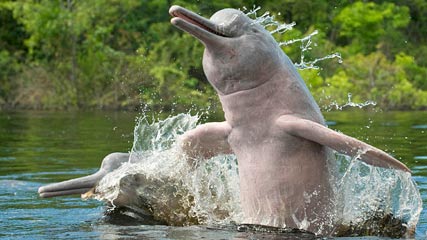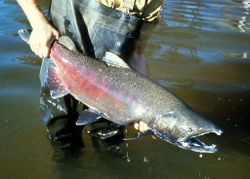See also: Florida Freeze Destroys Estimated 70% of Southwest Vegetable Crop
A deep freeze in the shallow waters of Florida Bay and Everglades took a heavy toll on snook and other native fish.
Everywhere he steered his skiff last week, Pete Frezza saw dead fish.
From Ponce de Leon Bay on the Southwest Coast down across Florida Bay to Lower Matecumbe in the Florida Keys — day after day, dead fish. Floating in the marina at Flamingo in Everglades National Park alone he counted more than 400 snook and 400 tarpon.
“I was so shook up, I couldn’t sleep,” said Frezza, an ecologist for Audubon of Florida and an expert flats fisherman. “Millions and millions of pilchards, threadfin herring, mullet. Ladyfish took it really bad. Whitewater Bay is just a graveyard.”
Fish in every part of the state were hammered by this month’s record-setting cold snap. The toll in South Florida, a haven for warm-water species, was particularly extensive, too large to even venture a guess at numbers. And despite the subsequent warm-up, scientists warn that the big bad chill of 2010 will continue to claim victims for weeks.
“Based on what I saw in 1977 and 1989, there is a good chance we’ll have a second wave,” said William Loftus, a longtime aquatic ecologist for Everglades National Park.
During those last two major cold fronts, weakened survivors succumbed to infections from common bacteria, such as aeromonas, that they would normally ward off, he said.
“It’s a nasty-looking thing,” he said. “It’s a tissue eater. It creates open ulcers on the side of the fish.”
In response, the Florida Fish and Wildlife Conservation Commission on Friday ordered an emergency statewide closure of the snook fishery until at least September, and imposed temporary closures for bonefish and tarpon until April. Catch-and-release is still allowed for all three species.
Veteran Everglades fishing guide Benny Blanco believes the die-off was so severe — particularly for snook, a prized game and eating fish particularly sensitive to cold — that he would support taking them off the dinner table for years.
“I haven’t see a swimming snook in 10 days,” Blanco said Monday, after returning from a charter trip to the Glades. “All I have seen is floating snook.”
Read moreDeep freeze kills millions of fish in Florida




